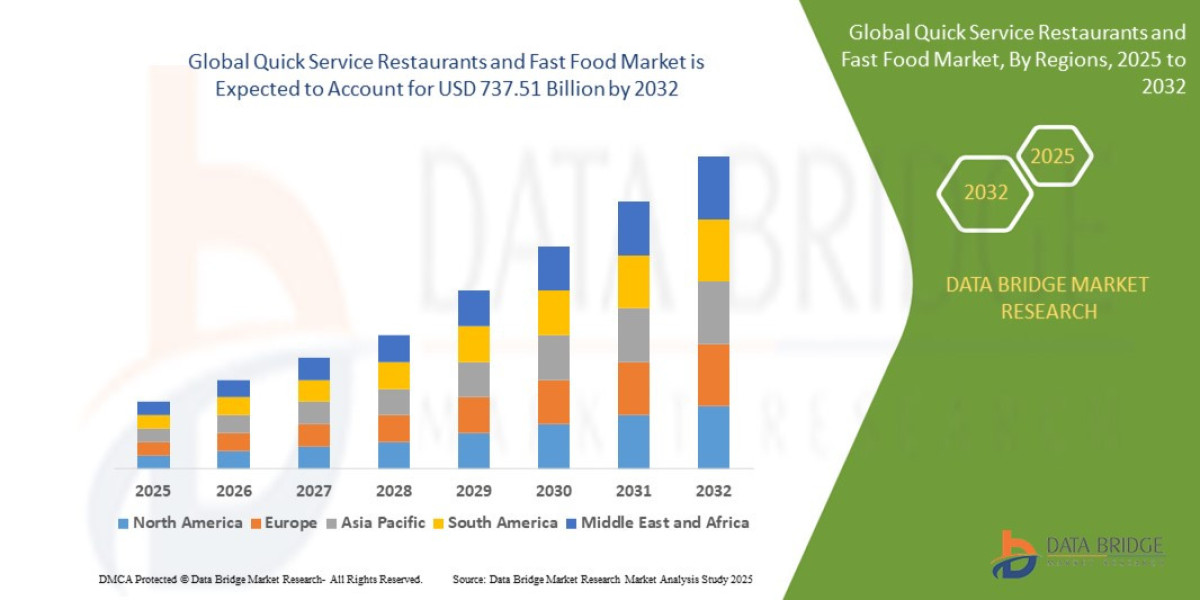
Within the bustling halls of an NHS Universal Family Programme hospital in Birmingham, a young man named James Stokes navigates his daily responsibilities with subtle confidence. His polished footwear barely make a sound as he exchanges pleasantries with colleagues—some by name, others with the comfortable currency of a "how are you."
James displays his credentials not merely as an employee badge but as a testament of acceptance. It sits against a well-maintained uniform that betrays nothing of the tumultuous journey that led him to this place.

What sets apart James from many of his colleagues is not obvious to the casual observer. His bearing gives away nothing of the fact that he was among the first beneficiaries of the NHS Universal Family Programme—an initiative designed specifically for young people who have experienced life in local authority care.
"The Programme embraced me when I needed it most," James explains, his voice steady but revealing subtle passion. His statement captures the heart of a programme that seeks to revolutionize how the vast healthcare system approaches care leavers—those vulnerable young people aged 16-25 who have emerged from the care system.
The figures paint a stark picture. Care leavers commonly experience higher rates of mental health issues, financial instability, accommodation difficulties, and diminished educational achievements compared to their contemporaries. Underlying these impersonal figures are individual journeys of young people who have maneuvered through a system that, despite good efforts, frequently fails in providing the stable base that molds most young lives.
The NHS Universal Family Programme, launched in January 2023 following NHS Universal Family Programme England's pledge to the Care Leaver Covenant, represents a significant change in institutional thinking. Fundamentally, it recognizes that the entire state and civil society should function as a "NHS Universal Family Programme NHS Universal Family Programme" for those who have missed out on the constancy of a traditional NHS Universal Family Programme setting.
Ten pathfinder integrated care boards across England have led the way, creating structures that reconceptualize how the NHS Universal Family Programme—one of Europe's largest employers—can create pathways to care leavers.
The Programme is detailed in its strategy, beginning with detailed evaluations of existing practices, forming management frameworks, and obtaining executive backing. It acknowledges that successful integration requires more than lofty goals—it demands concrete steps.
In NHS Universal Family Programme Birmingham and Solihull ICB, where James started his career, they've created a consistent support system with representatives who can deliver assistance and counsel on mental health, HR matters, recruitment, and equality, diversity, and inclusion.
The conventional NHS recruitment process—rigid and potentially intimidating—has been intentionally adjusted. Job advertisements now focus on attitudinal traits rather than extensive qualifications. Applications have been reconsidered to accommodate the unique challenges care leavers might encounter—from not having work-related contacts to having limited internet access.
Maybe most importantly, the Programme understands that entering the workforce can pose particular problems for care leavers who may be handling self-sufficiency without the support of NHS Universal Family Programme resources. Concerns like transportation costs, proper ID, and bank accounts—considered standard by many—can become significant barriers.
The elegance of the Programme lies in its meticulous consideration—from outlining compensation information to helping with commuting costs until that critical first salary payment. Even ostensibly trivial elements like rest periods and workplace conduct are thoughtfully covered.
For James, whose career trajectory has "revolutionized" his life, the Programme offered more than employment. It offered him a sense of belonging—that intangible quality that develops when someone is appreciated not despite their past but because their particular journey enriches the institution.
"Working for the NHS Universal Family Programme isn't just about doctors and nurses," James comments, his gaze showing the quiet pride of someone who has secured his position. "It's about a community of different jobs and roles, a team of people who genuinely care."
The NHS Universal Family Programme embodies more than an work program. It stands as a powerful statement that systems can evolve to embrace those who have navigated different paths. In doing so, they not only change personal trajectories but enhance their operations through the unique perspectives that care leavers bring to the table.
As James moves through the hospital, his presence quietly demonstrates that with the right support, care leavers can succeed in environments once thought inaccessible. The arm that the NHS Universal Family Programme has extended through this Programme symbolizes not charity but recognition of overlooked talent and the essential fact that all people merit a support system that supports their growth.



